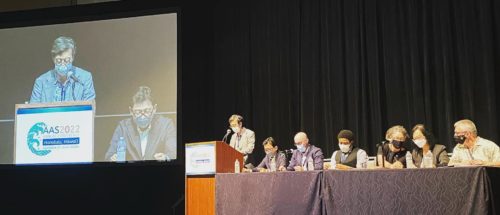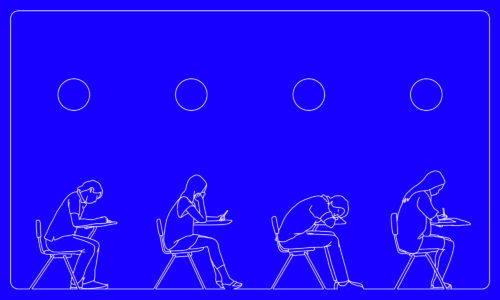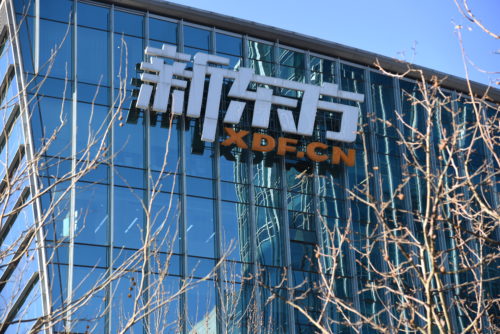Beijing slaps private tutoring companies with $80,000 maximum penalty
The penalty on companies including GSX Techedu, New Oriental Education, and TAL Education is the flashiest move to date following Beijing’s new resolve to crackdown on the private tutoring industry.

On Sunday, the education authorities of Beijing’s municipal government hit four Chinese education giants with a 500,000 yuan ($80,000) fine for deceptive pricing and misleading marketing tactics. The amount was the maximum penalty for violations of the kind.
The companies include three U.S.-listed companies — GSX Techedu, New Oriental Education, TAL Education — along with the private Gaosi Education. Shares of the three public giants have dropped significantly since February in anticipation of government action.
According to Beijing’s statement (in Chinese), all four tutoring companies used deceptive pricing tactics. The most common one involved displaying class prices as “discounted,” alongside a fake, more expensive alternative. Students and parents are thus tricked into thinking they are in the midst of a promotion cycle.
In addition to the fine, the Beijing Municipal Commission of Education said it has ordered the relevant institutions to publicize their response measures on their website by a certain deadline.
“The Beijing Municipal Bureau of Market Supervision will continue to strengthen the enforcement of off-campus education and training institutions,” the statement concluded. It will “strictly regulate the market order and protect the interests of the masses.”
Heightened scrutiny of the tutoring and education sectors began in early March at the “Two Sessions,” China’s annual legislative meeting, and has the backing of the highest political authority. On March 6, during a meeting on health and education, Xi Jinping told committee members that the tutoring industry had become “a stubborn malady” and vowed to rectify it.
“Parents hope their children…have a happy childhood, [but] they are afraid they will lose at the starting line in a competition over scores,” he said (in Chinese). “We need to keep working on this issue.”
A week later, Beijing’s local authorities ordered all after-school tutoring services to suspend in-person teaching, which had just recently opened again following months of closures due to COVID-19. Later, in April, national regulators limited tutoring services from offering live-streamed courses past 9 p.m. to ensure children got more sleep.
Sunday’s sanctions are the latest in this wider initiative, launched by the Ministry of Education with direction from top Party officials, to get tough on the booming after-school tutoring sector. In the past few years, investors — which now include China’s top tech giants — have placed enormous bets on the industry amid the pandemic-induced popularity of remote learning.
Yet the edu-tech boom has also created a public backlash over the deteriorating health of China’s youths. With tutoring services occupying more and more of a child’s weekend, many have spoken out against what is effectively a seven-day school week.
In February, the Ministry of Education issued a 2021 work plan (in Chinese) which sets out to “actively promote” the informatization of education and promises to offer guidance on the “Internet + Education” sector.






